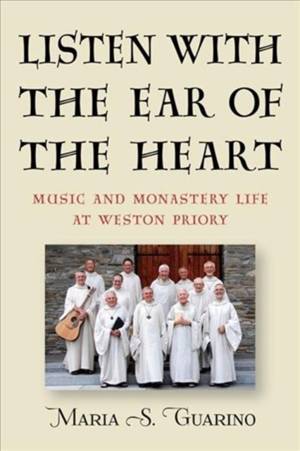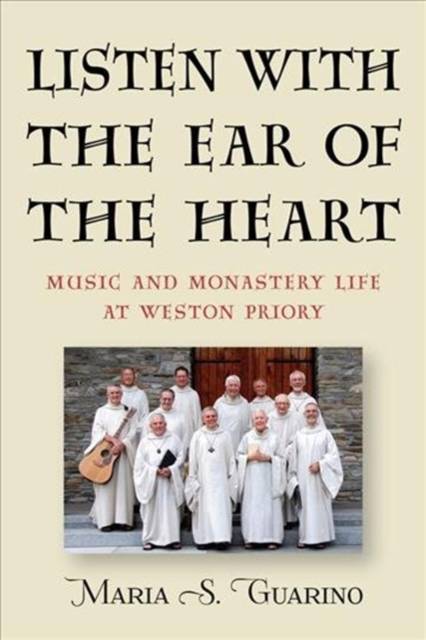
- Afhalen na 1 uur in een winkel met voorraad
- In januari gratis thuislevering in België
- Ruim aanbod met 7 miljoen producten
- Afhalen na 1 uur in een winkel met voorraad
- In januari gratis thuislevering in België
- Ruim aanbod met 7 miljoen producten
Omschrijving
Far from being a long-silent echo of medieval religion, modern monastery music is instead a resounding, living illustration of the role of music in religious life. Benedictine monks gather for communal prayer upwards of five times per day, every day. Their prayers, called the Divine Office, are almost entirely sung. Benedictines are famous for Gregorian Chant, but the original folk-inspired music of the monks of Weston Priory in Vermont is among the most familiar in post-Vatican II American Catholicism. Using the ethnomusicological methods of fieldwork and taking inspiration from the monks' own way of encountering the world, this book offers a contemplative engagement with music, prayer, and everyday life. The rich narrative evokes the rhythms of learning among Benedictines to show how monastic ways of being, knowing, and musicking resonate with humanistic inquiry and the pursuit of knowledge and understanding. Maria S. Guarino is an ethnomusicologist specializing in ethnography, religious life, Benedictine monasticism, and contemplative practices. Support for this publication was provided by the Howard Hanson Institute for American Music of the Eastman School of Music at the University of Rochester.
Specificaties
Betrokkenen
- Auteur(s):
- Uitgeverij:
Inhoud
- Aantal bladzijden:
- 214
- Taal:
- Engels
- Reeks:
- Reeksnummer:
- nr. 7
Eigenschappen
- Productcode (EAN):
- 9781580469104
- Verschijningsdatum:
- 20/05/2018
- Uitvoering:
- Hardcover
- Formaat:
- Genaaid
- Afmetingen:
- 152 mm x 229 mm
- Gewicht:
- 485 g

Alleen bij Standaard Boekhandel
Beoordelingen
We publiceren alleen reviews die voldoen aan de voorwaarden voor reviews. Bekijk onze voorwaarden voor reviews.









